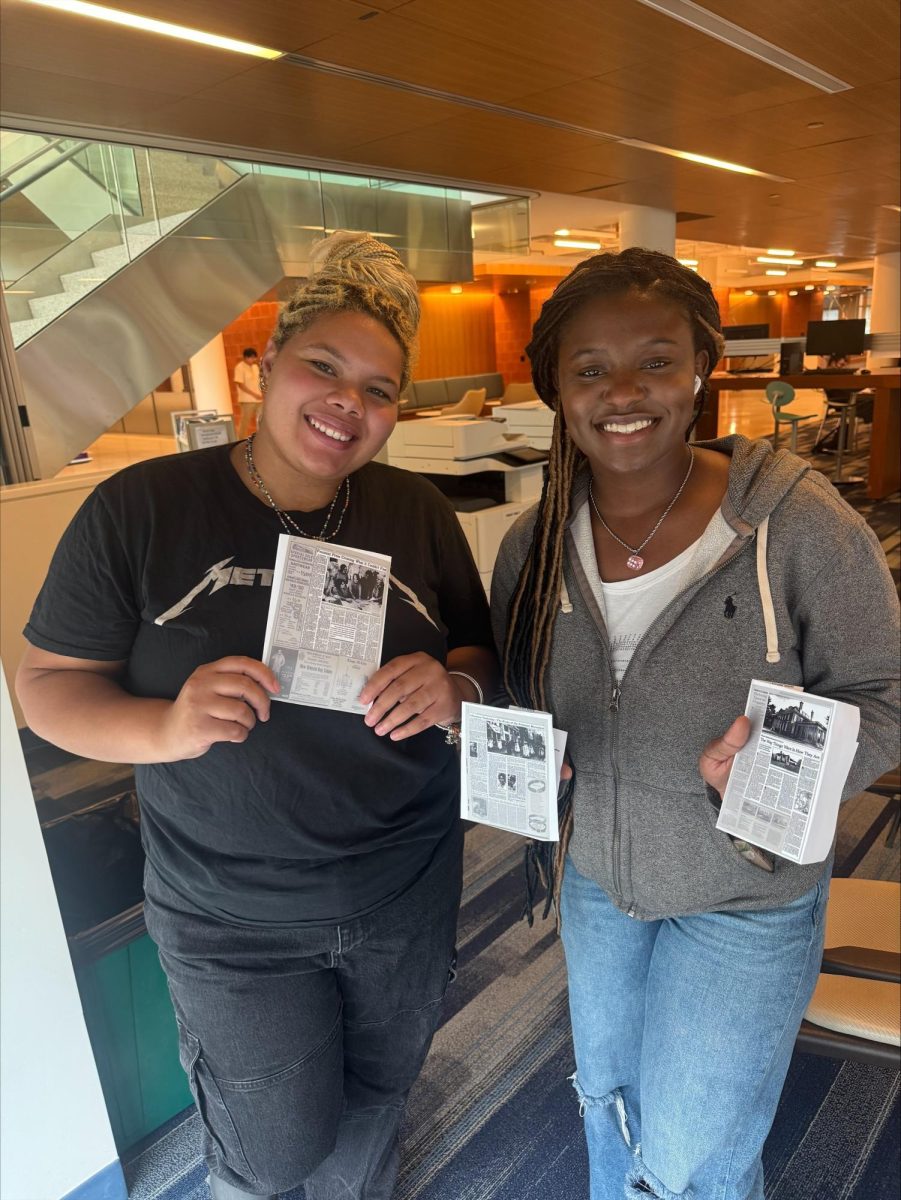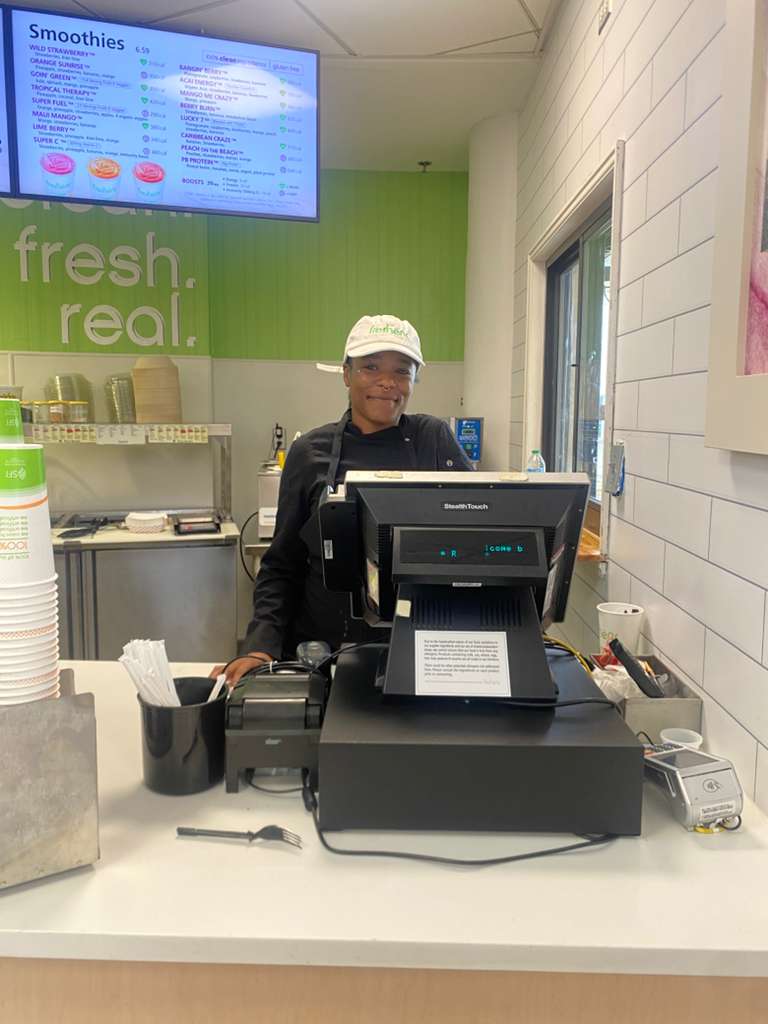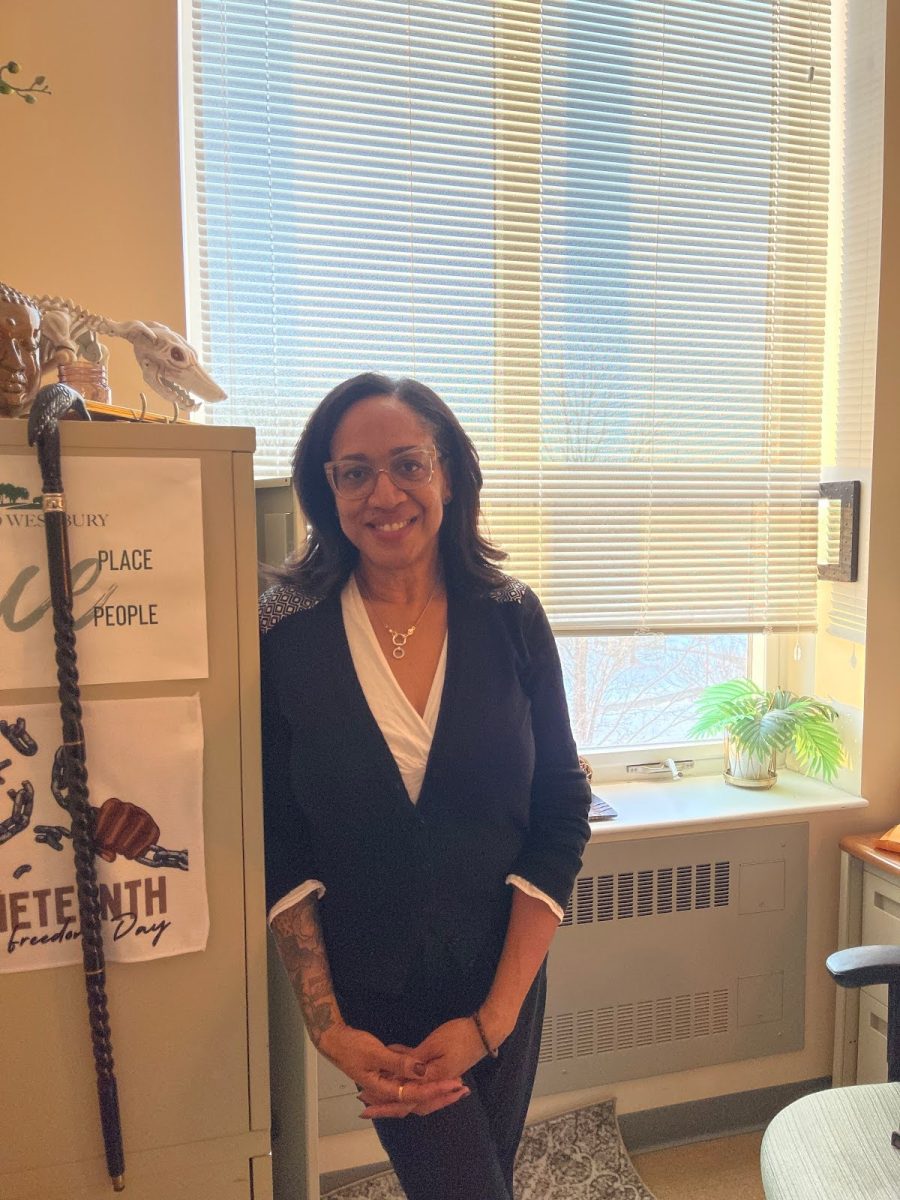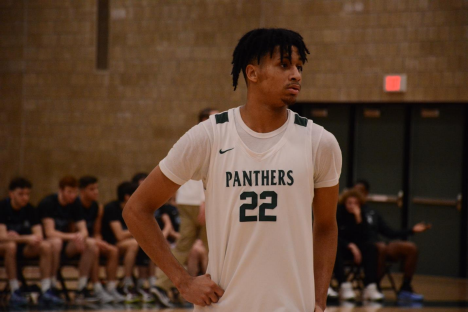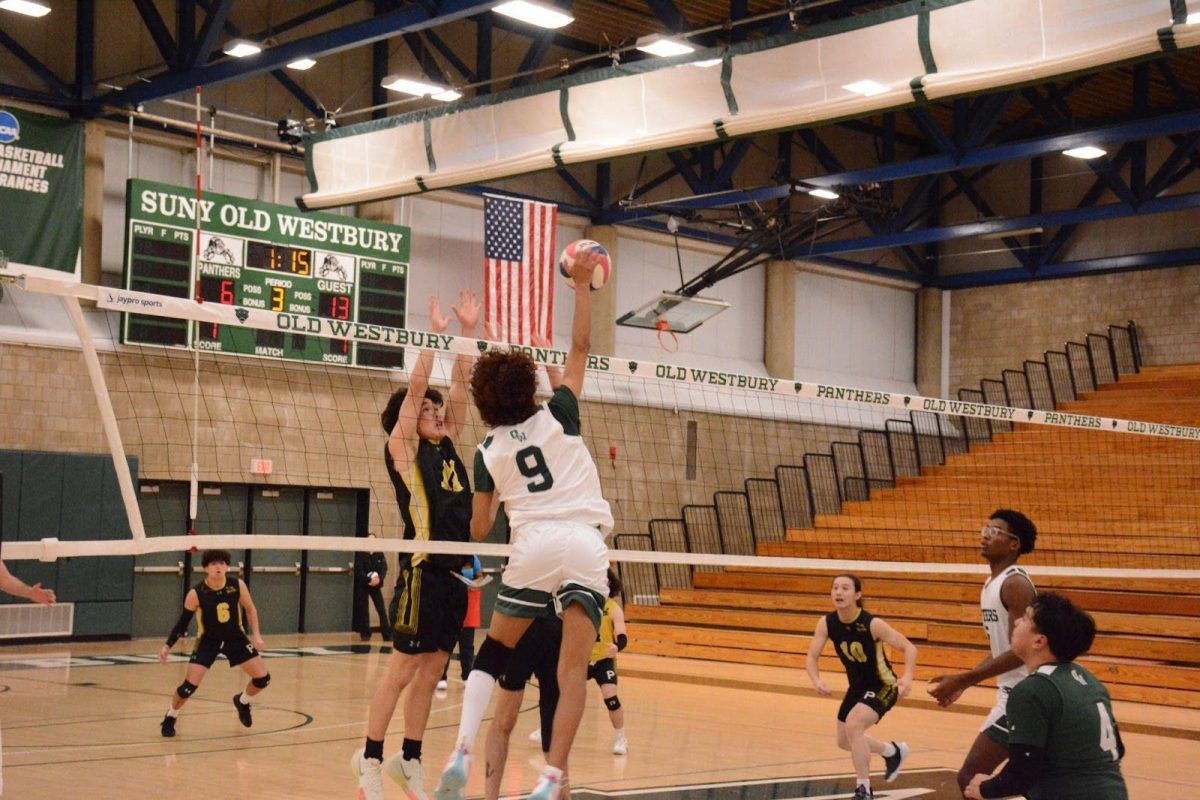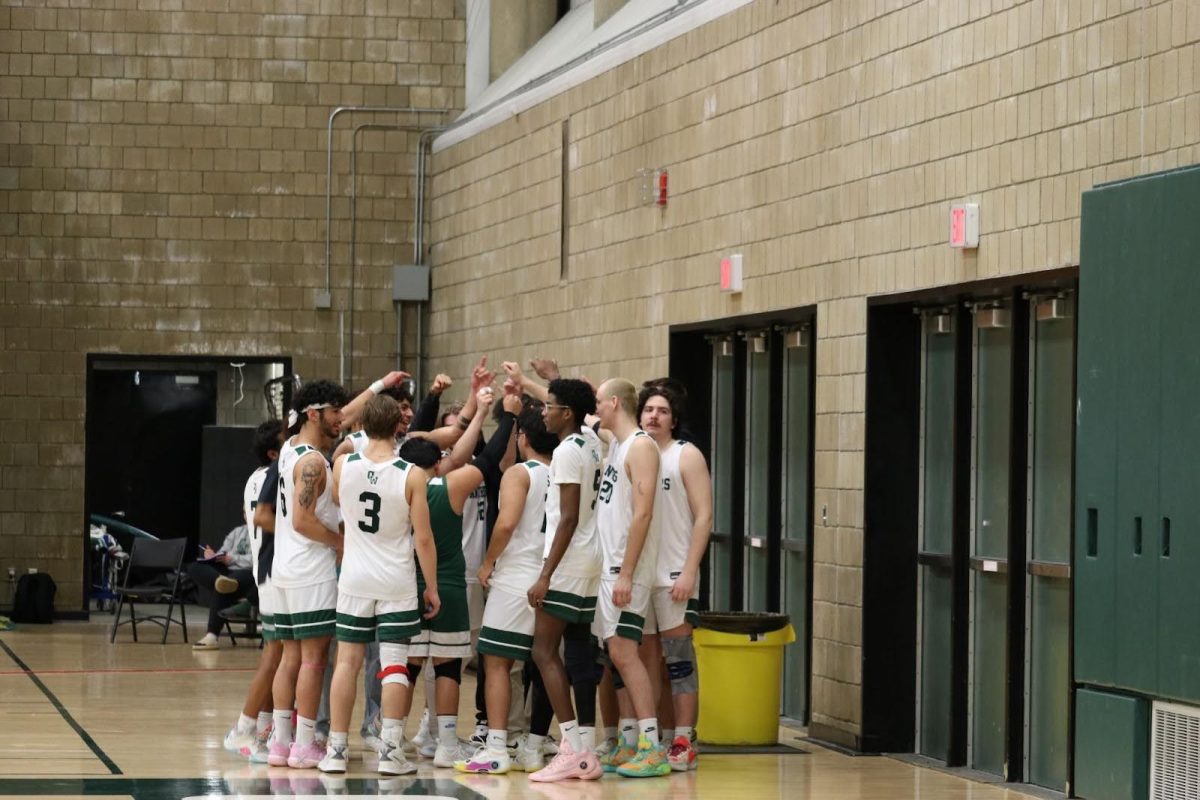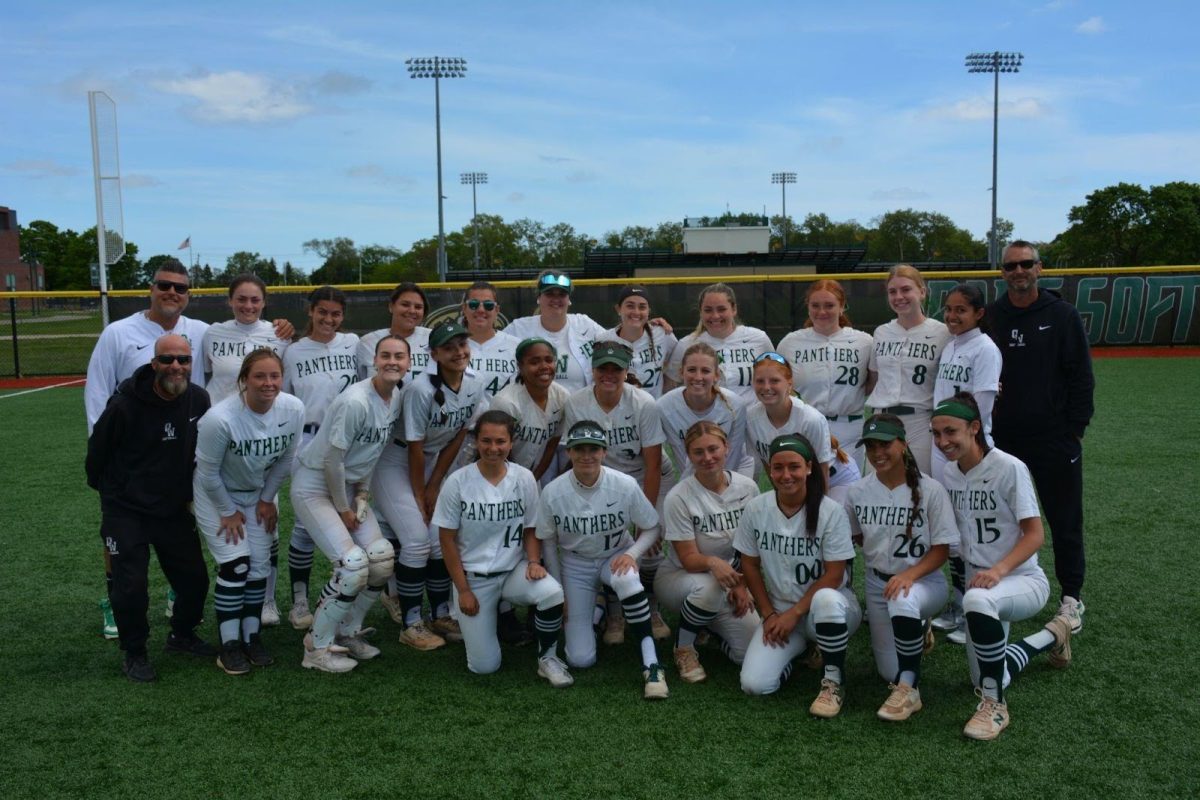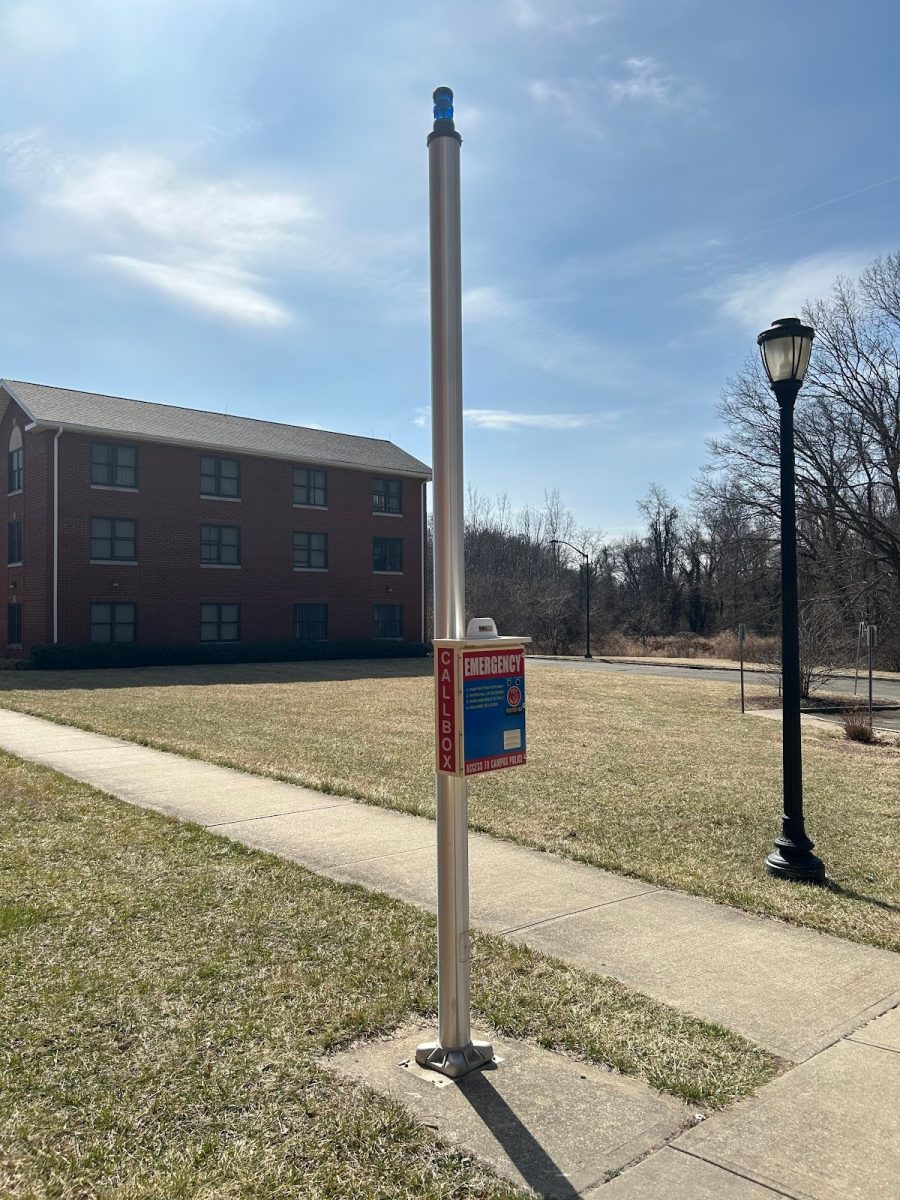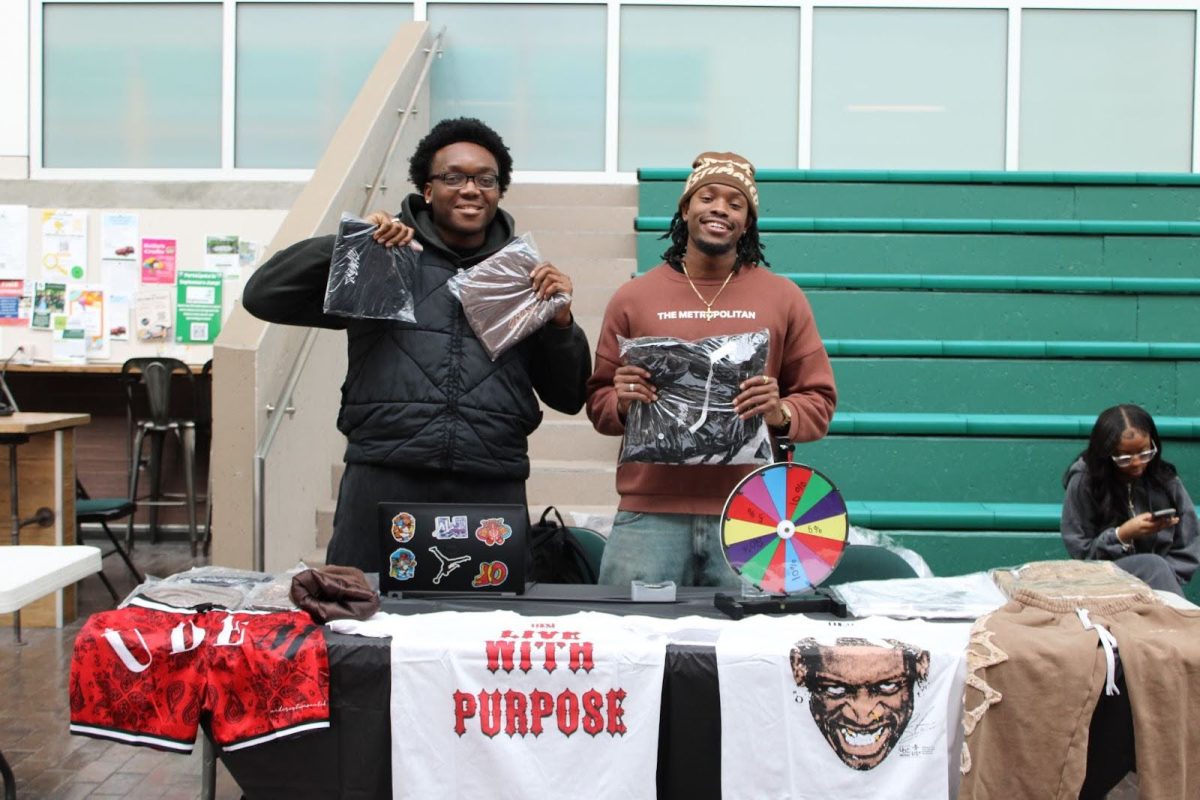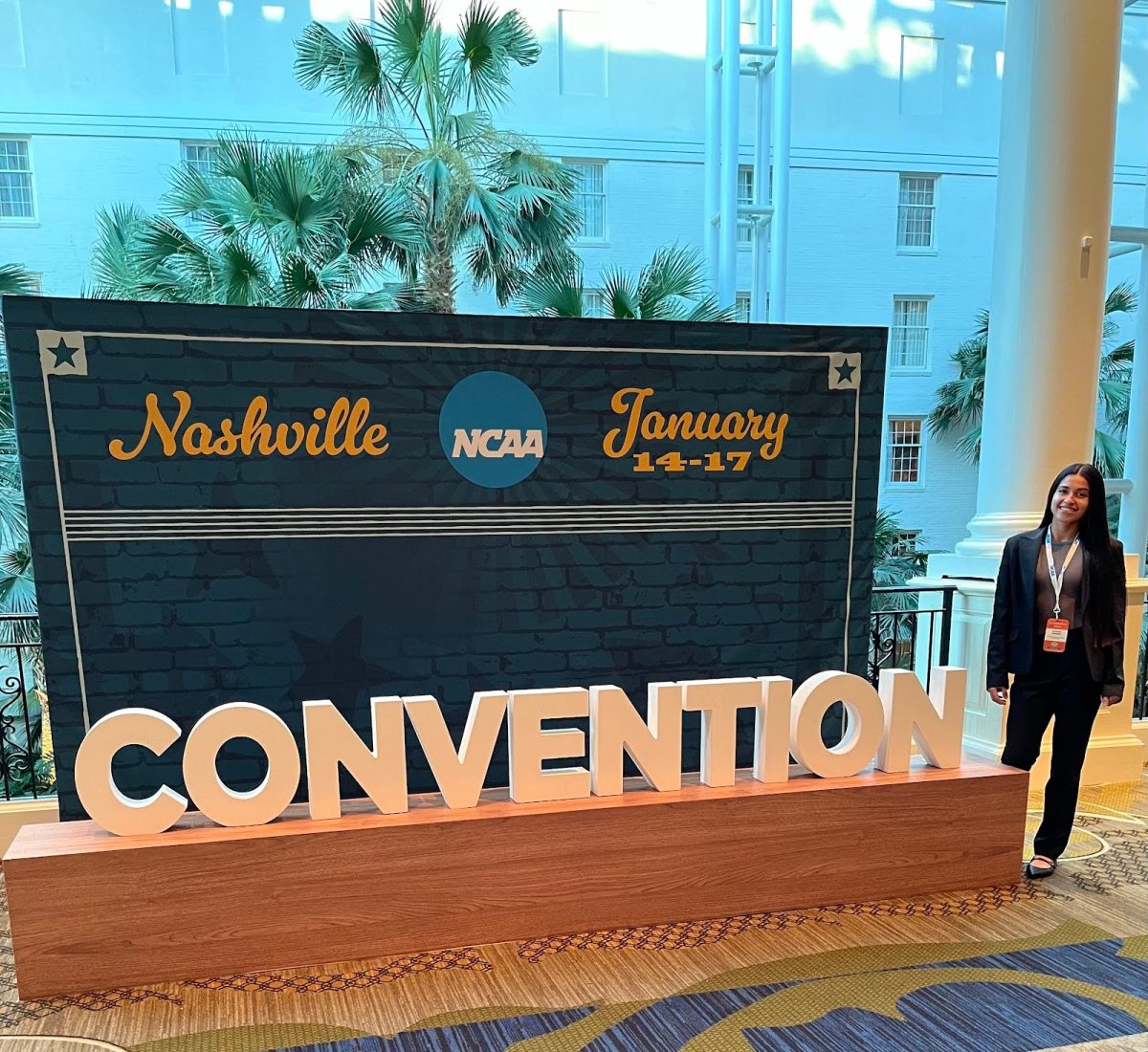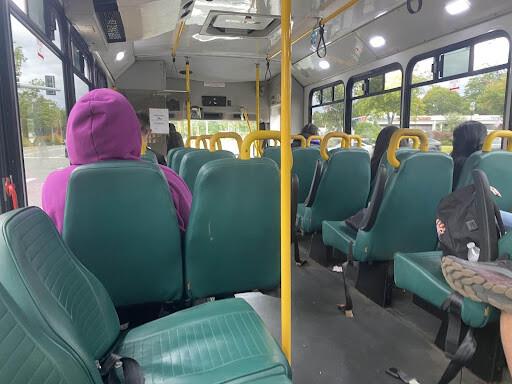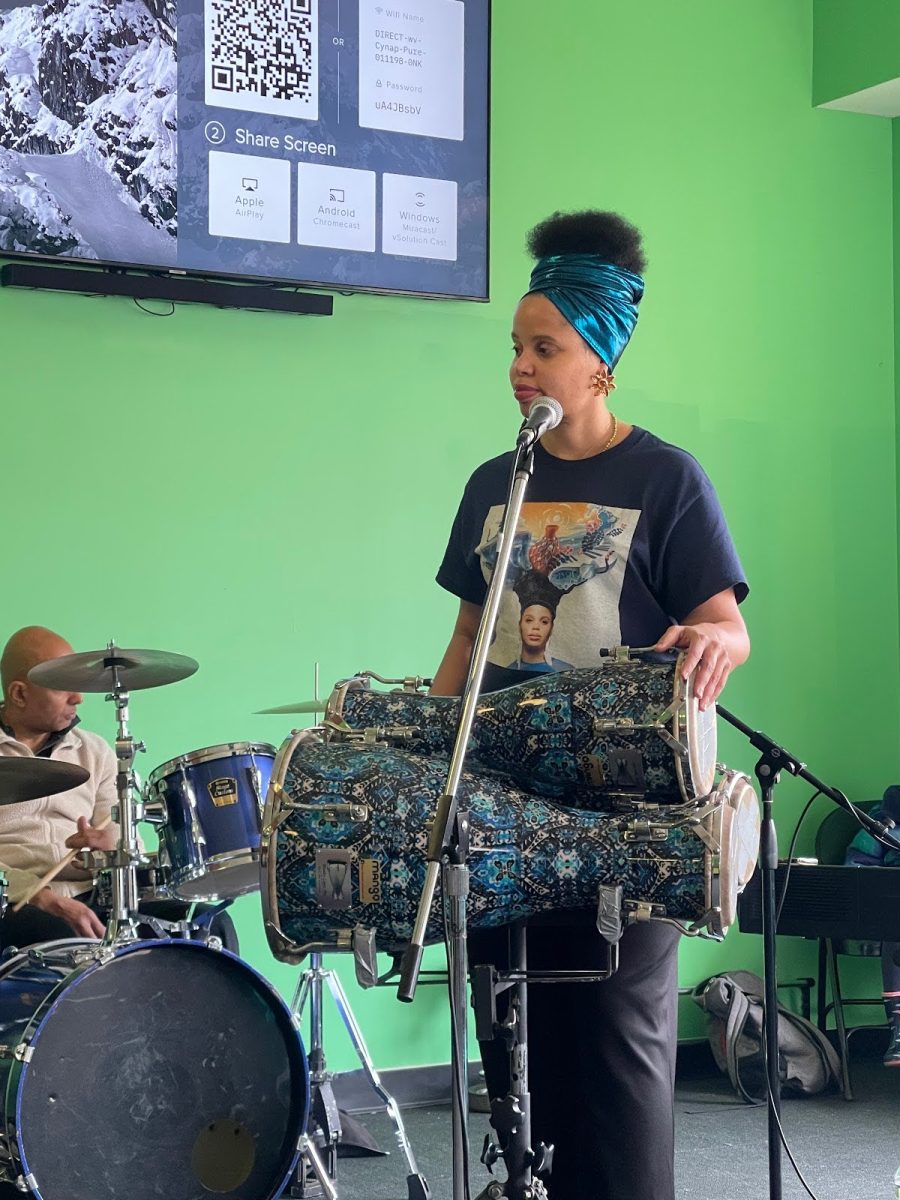Raymond Lall spends his week doing what most other third year college students do: going to class, typing up five-page essays, clocking in heavy hours at his part-time job, and being deprived of a sufficient night’s sleep. “My schedule is packed. I get home, try to knock out homework and other assignments…then right after I head to work until like 10 at night, and get home by 11,” he said. Lall says that by the time he finishes his daily schedule, he gets about 5 hours of sleep.
This is not uncommon for students around Raymond’s age. The University of Georgia Health Center reports that on average, most college students get 6-6.9 hours of sleep per night. The recommended average of hours of sleep college students should get is at least 8 hours. “There’s just not enough hours in the day to do everything. Reading the textbooks, writing papers, then having to fulfill my responsibilities at work. It’s a lot,” said Lall.
Recent studies show that fifty percent of students report daytime sleepiness and seventy percent of students attain insufficient sleep. Students who do not receive their full 8 hours of sleep also report to have academic trouble, including lower GPAs, trouble paying attention in class, and trouble studying.
Cristina Tobar, a registered nurse at the Campus Health Center at SUNY Old Westbury said that she gets students coming in with cases of sleep deprivation mostly towards the end of the semester. “We usually see more of an uptick around finals time,” she said. “I guess it’s more of the big cram to study for the final tests and what not.”
Students pulling “all-nighters” to finish up their studying might seem beneficial to them for that one test or assignment. However, experts argue that long term, it will cause more negative effects to not only their sleeping habits, but their physical and mental health as well.
According to the Centers for Disease Control and Prevention, not getting enough sleep is linked with many chronic diseases and conditions, including type 2 diabetes, heart disease, obesity, and depression.
Lall says that he has yet to fall to any of these conditions, but he did realize a change in his eating regimen. “Spent too many nights trying to pull all-nighters,” he said. “And because I barely found time to eat during the day, I would do all of my ‘binge eating’ during those late-night sessions.”
Lall also said that because of his lack of sleep, he discovered that he has a heightened sense of anxiousness that he has never noticed before. “Not necessarily towards getting my work done, but I do feel a bit of anxiety towards catching up some work that I may be behind on,” he said. While lack of sleep does not advertently cause these feelings of anxiety or depression, studies show that it is a huge factor that plays along with other medical conditions and personal issues specific to that person. According to the American Sleep Association, an organization that aims to raise awareness on the importance of sleep in order to improve public health, 50-70 million US adults suffer from a sleep disorder.
These disorders include insomnia, which is the inability to maintain sleep; sleep apnea, where people have trouble breathing while sleeping; and (the disorder Raymond Lall believes he has) narcolepsy, experiencing excessive daytime sleepiness along with muscle weaknesses.
Research shows that narcolepsy affects an estimated 1 in every 2,000 people in the U.S. Many people who have narcolepsy reported experiencing cataplexy, which is a condition where showing strong emotions can cause physical pain to a person due to a sudden loss of muscle tone. It is important to note, however, that being able to diagnose narcolepsy can be difficult as some of its symptoms are not too specific to this disorder; and in fact, according to recent studies, sixty percent of patients were misdiagnosed with disorders including narcolepsy.
Excessive daytime sleepiness might appear to seem miniscule and non-threatening on the surface, but experts say it leads into many dangers and accidents long term.
Speaking on the dangers of sleep deprivation, Nurse Tobar says that having a lack of a good night’s rest has many critical and risky outcomes. “Your body needs sleep to function,” she said. “So if you don’t have enough energy to function…in the case of let’s say driving, there’s a high and dangerous chance of you crashing because you did not sleep well the night before.”
Drowsy driving is a term that Lall is reluctantly familiar with. “I try not to drive when I am really tired,” he said. “But sometimes, when I don’t have anyone to pick me up, I have no choice.”
Studies show that drowsy driving has become a big problem in the United States. The National Highway Traffic Administration reports that in 2013, drowsy driving was responsible for 72,000 crashes, 44,000 injuries, and 800 deaths. Experts estimate that these numbers have increased each year since then, and in a recent study published back in February 2018, drowsiness was identified in over ten percent of all crashes examined.
Nurse Tobar argues that it is imperative that students get their full night’s sleep. “We really take sleep for granted, but it is a necessity,” she said. “Everyone should make the time to sleep, even if it’s just small naps throughout the day.”
For Raymond Lall, he continues to put in his all both at school and work but says that he is determined to set aside time for himself. “Maybe I’ll request Friday’s off from work, since I don’t have class those days,” he said. “Then I’ll just sleep the whole day.”


